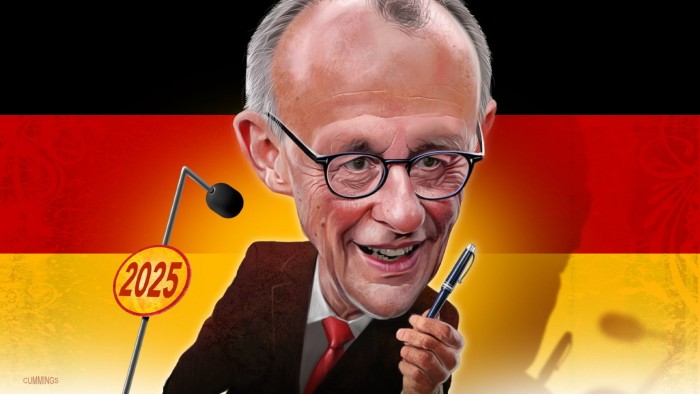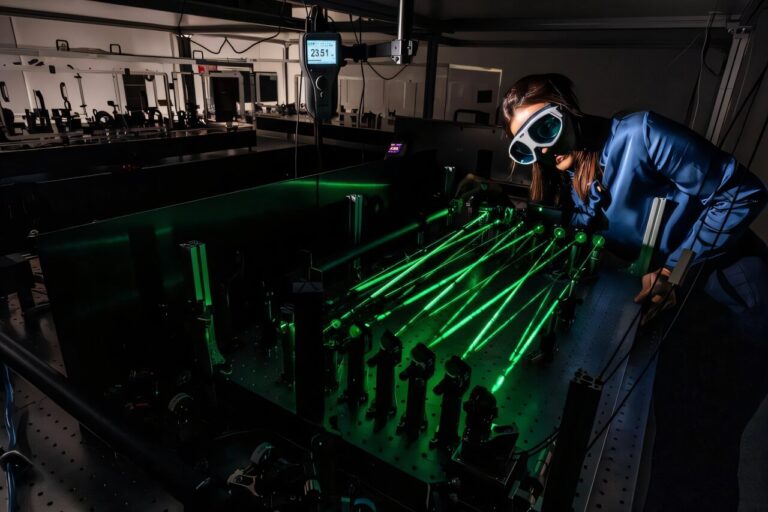

CNN
—
Hungary says it would not arrest Russian president Vladimir Putin if he entered the country, despite the International Criminal Court (ICC) issuing an arrest warrant for him last week, accusing him of illegally deporting hundreds of children from Ukraine.
Hungarian Prime Minister Viktor Orban’s chief of staff, Gergely Gulyas, said on Thursday that even though Hungary is a signatory to the Rome Statute, the treaty that created the ICC, and ratified it in 2001, arresting Putin would have no basis in Hungarian law.
“We can refer to the Hungarian law and based on that we cannot arrest the Russian President … as the ICC’s statute has not been promulgated in Hungary,” Gulyas said. He added that the Hungarian government had not yet “formed a stance” on the ICC arrest warrant for Putin.
The comments might not come as a huge shock to Hungary’s European neighbors.
Orban and his government have always been by far the closest ally of the Kremlin within the European bloc. After Putin ordered Russian troops to invade Ukraine last year, Orban was the most reluctant European Union leader to impose sanctions on Russia.
Hungary is also a NATO member and has voiced objections to Western nations sending arms to Ukraine. Orban has warned that Europe is “drifting into” the war in Ukraine and has made extensive efforts to block Ukraine from joining NATO. It is also dragging its feet on Sweden’s efforts to join NATO.
The 123 member states of the ICC are obliged to act on an arrest warrant, meaning that if Putin enters any of these territories he should be placed under arrest by national law enforcement. However, Gulyas claimed on Thursday that the Rome Statue has not been built into the Hungarian legal system, so would not apply.
In what will be interpreted as a sympathetic stance to the Kremlin, Gulyas said of the arrest warrant: “These decisions are not the most fortunate as they take things towards further escalation and not towards peace, this is my personal subjective opinion.”
Russia has dismissed the ICC’s warrant as “unacceptable,” saying that it is not subject to the ICC’s decisions.
“Russia, like a number of states, does not recognize the jurisdiction of this court and, accordingly, any decisions of this kind are null and void for the Russian Federation from the point of view of law,” Kremlin spokeperson Dmitry Peskov tweeted shortly after the warrant was issued.
The ICC’s Chief Prosecutor Karim Khan told CNN last week that “Article 27 of the Rome Statute makes it very clear that the official position of an individual is irrelevant to the jurisdiction of the court. The independent judges of the court have also found it appropriate [to issue the warrant}.”





